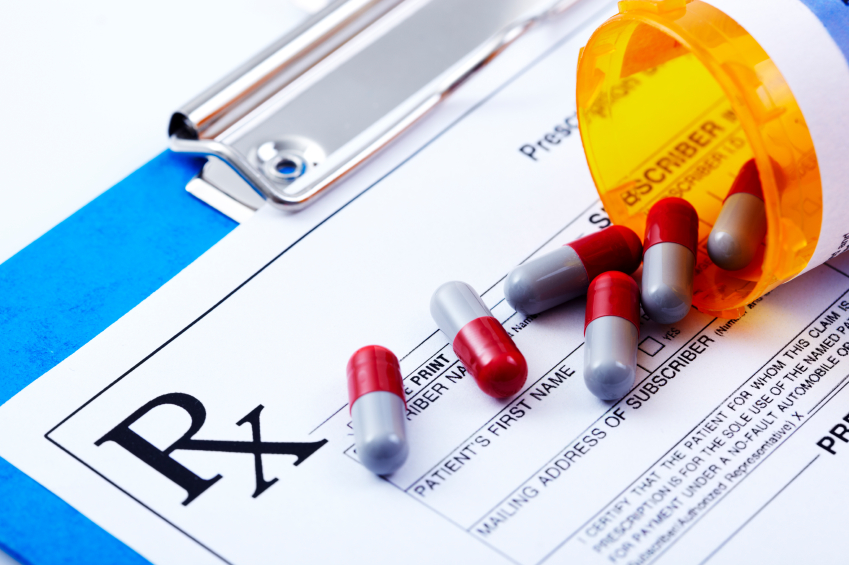
Ocala, Florida — John H. Armstrong, MD, FACS, State Surgeon General and Secretary of Health, ordered the emergency restriction of the license of Cristine Townsend Kitchings, R.N., to practice as a registered nurse in the State of Florida.
Kitchings previously participated in the Intervention Project for Nurses (IPN) in the early 1990s and received discipline from the Florida Board of Nursing (BON) in or about 1994.
IPN is the impaired practitioner program for the BON, pursuant to Section 456.076, Florida Statutes. IPN monitors the evaluation, care, and treatment of impaired nurses. IPN oversees random drug screens and provides for the exchange of information between treatment providers, evaluators, and the Department for the protection of the public.
On or about July 16, 2009, Kitchings called IPN and informed staff that she had spoken with a Compliance Officer for the Department who informed her that she needed to review the Final Order (FO) issued by the BON in her 1994 case. The 1994 FO mandated that Kitchings self-report to IPN.
Kitchings also informed IPN that she had not worked as a nurse since 1994, and explained that the Compliance Officer informed her that she would be required to retake the nursing licensure exam and apply for a new nursing license. Kitchings reported that she had been sober since May 8, 2001, after undergoing treatment for opioid addiction approximately six times and consuming alcohol until 2001. IPN informed Kitchings that she would need to undergo an IPN-facilitated mental and physical evaluation.
On September 10, 2009, Kitchings underwent an evaluation with T.B., M.D., who diagnosed her with opioid dependence in full sustained remission and alcohol dependence in full sustained remission, and recommended that she undergo intensive outpatient treatment (IOP).
On October 15, 2009, IPN reevaluated Kitchings’ situation and determined that she did not need to undergo IOP because she was able to provide documentation substantiating her recovery.
On November 13, 2009, Kitchings entered a five-year IPN substance abuse monitoring contract with effective dates of October 15, 2009 to October 14, 2014.
On or about August 5, 2010, Kitchings appeared before the BON in conjunction with her application for re-licensure as a registered nurse. The BON granted her application and issued Kitchings’ current license.
On December 14, 2010, Kitchings began employment as an RN in a clinical setting with IPN approval.
Then on May 16, 2014, Kitchings tested positive for morphine on an IPN-ordered urine drug screening. Kitchings admitted to IPN that she relapsed on hydrocodone and was using morphine to help her detoxify from the hydrocodone.
On June 5, 2014, Kitchings underwent an IPN facilitated evaluation with S.T., M.D. Kitchings admitted to Dr. S.T. that she stole hydrocodone from her place of employment and relapsed. Dr. S.T. diagnosed Kitchings with opiate dependence; alcohol dependence in full sustained remission; depression, not otherwise specified; and history of cocaine abuse. Dr. S.T. opined that Kitchings was unable to practice nursing with reasonable skill and safety. He recommended that she not return to practice until she successfully completed either residential or partial hospitalization treatment and executed an updated IPN monitoring contract.
According to the Department of Health, On July 24, 2014, Kitchings informed IPN that she would not be following through with the treatment that Dr. S.T. recommended and wished to discontinue her participation in IPN.
According to the State Surgeon General, registered nurses that occupy a position of trust in the medical community are directly responsible for patient care and must possess clear thinking and good judgment. Armstrong noted that Kitchings’ opiate dependence, alcohol dependence, depression, and history of cocaine abuse demonstrate that she lacks the requisite clear thinking and good judgment necessary to work as a registered nurse without restrictions to her license.
Armstrong also noted that, Kitchings continued unrestricted practice as a registered nurse constitutes an immediate serious danger to the health, safety, and welfare of the public and his recommendation to suspend her license is fair under the circumstances to adequately protect the public.
Armstrong ordered Kitchings’ license be suspended and she immediately be prohibited from practicing as a nurse in the State of Florida until IPN notifies the Department of Health that Kitchings is safe to do so.
Criminal charges for her stealing hydrocodone from her place of employment have not yet been filed.
